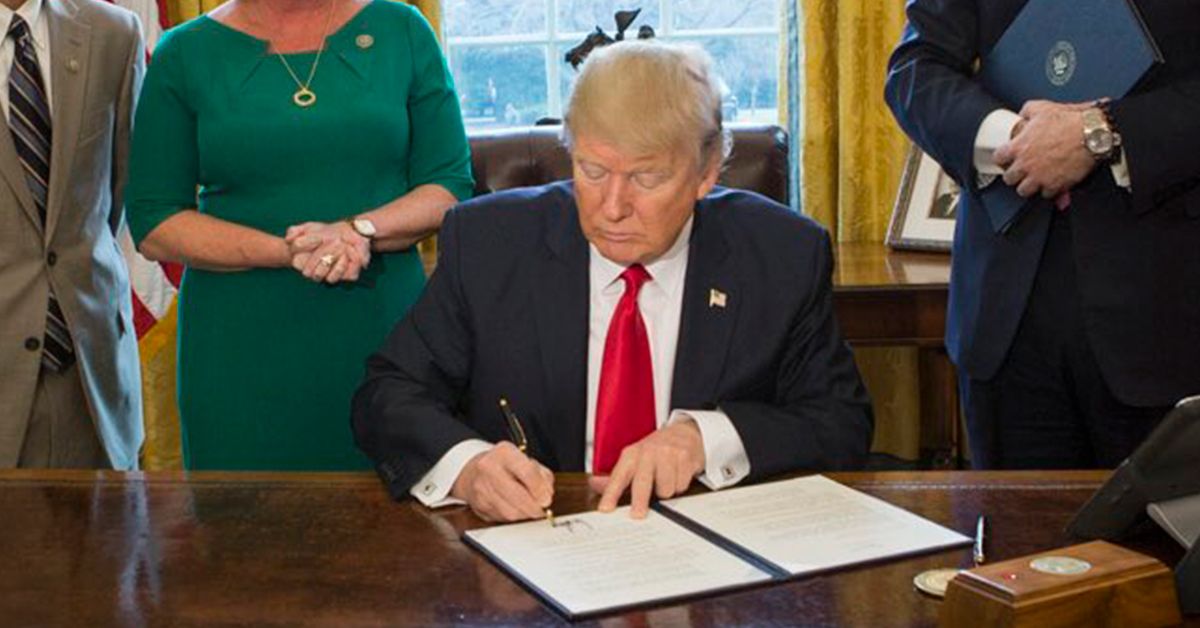In early 2017 courts in the U.S. ruled against President Trump's proposals (issued via executive order) to temporarily ban travel from six Muslim majority countries (Iran, Libya, Somalia, Sudan, Syria and Yemen), saying the plan improperly targeted religion. After a 3 June 2017 attack in London that killed seven people and left several dozen others injured, President Trump took to Twitter to call for prompt U.S. Supreme Court (SCOTUS) review of his "watered down Travel Ban":
The Justice Dept. should ask for an expedited hearing of the watered down Travel Ban before the Supreme Court - & seek much tougher version!
— Donald J. Trump (@realDonaldTrump) June 5, 2017
On 5 June 2017, the America's Last Line of Defense web site published an article positing that Supreme Court review of the travel ban had been completed, and that the nation's highest court had upheld the ban as constitutional:
The Supreme Court just ruled 5-4 that the President’s travel bans are well within his constitutional rights to impose and because of that, America will be a much safer place. Not only did the court overturn the lower court’s decision on the ban, it also restored the order to its original glory, banning terrorists from 7 countries and allowing President Trump “all of the authority granted a President in matters of immigration.”
The ruling makes significant changes to the way things are going to be done at airports. No longer will you have to be inconveniently pulled out of line at random because we have to search the same number of regular people as we do Muslims. Agents at the airport will be able to profile how they see fit. Without the influx of refugees applying for asylum at the airport, since they simply won’t be coming here. the TSA can work on rooting out the people who want to do us harm who already live here.
There was no truth to this report at the time it was published. As of June 2017, the Supreme Court had yet to rule on the ban. However, the high court did narrow the scope of previous stays on the ban in a 26 June 2017 unsigned opinion which said that the ban would be in effect for residents from those nations who lacked a "bona fide relationship with any person or entity in the United States." The court said that foreign nationals could enter the U.S. to "live with or visit a family member." Other exceptions to the ban would include students admitted to a U.S.-based university, lecturers heading into the country for an appearance, or someone moving to the US after accepting a job offer. The court also said that it would hear arguments regarding the issue in October.
This report originated with America's Last Line of Defense, a fake news site whose a disclaimer notes that they are a "satirical publication" created to "present fiction as fact," and that their "sources don’t actually exist."

